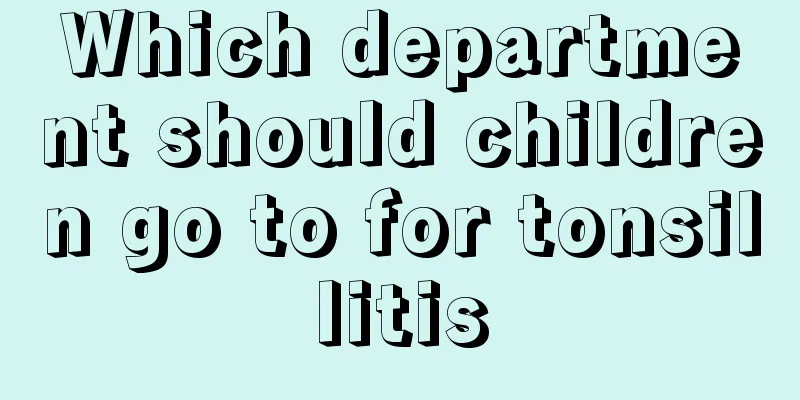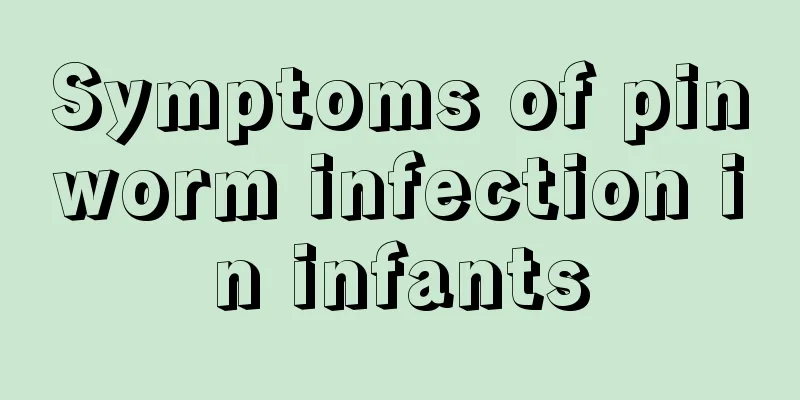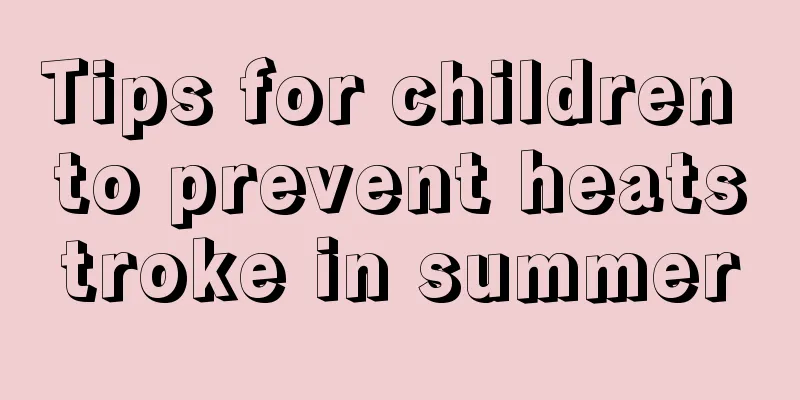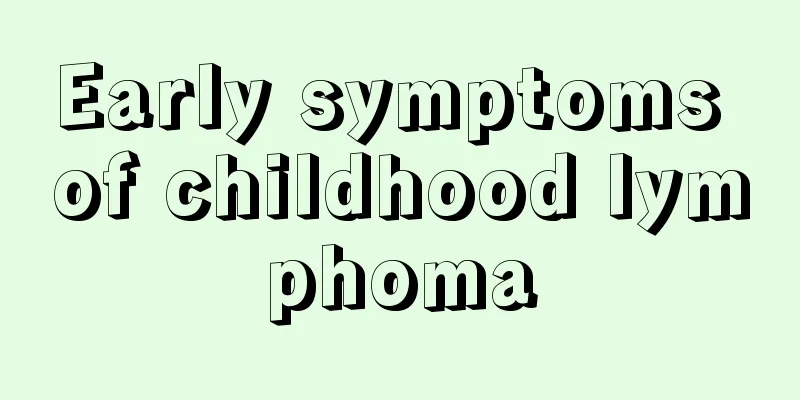Symptoms of hand, foot and mouth disease in children
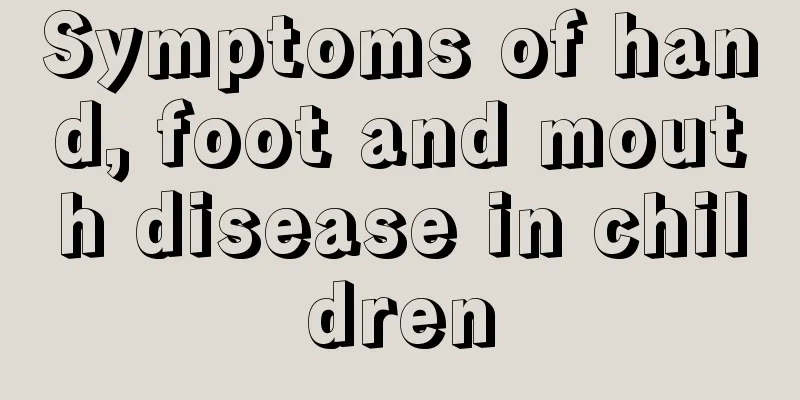
|
Hand, foot and mouth disease is a new disease discovered in 2007 that mainly spreads among children. It is highly contagious and mainly spreads among children. Adults may also be infected and it is highly contagious. For the sake of their children's health, parents should understand the characteristics of hand, foot and mouth disease in children so that they can detect the disease in time and seek medical treatment in time, thus gaining treatment time for their children as soon as possible. 1. What is hand, foot and mouth disease? Hand, foot and mouth disease is an acute infectious disease common in babies under five years old. The main cause of the disease is various viruses in the intestines. Since the disease peaks during the transition from summer to autumn, there is a possibility of a large-scale outbreak for the babies who enter kindergarten in September every year, and parents need to pay special attention. The vast majority of infected babies will recover within 1-2 weeks, so parents do not need to worry too much. However, it is not ruled out that a very small number of babies may develop more dangerous conditions, such as complications such as meningitis, myocarditis, and even death. In fact, hand, foot and mouth disease is not unique to children. People of any age may be invaded by the virus. However, since adults have stronger resistance and most people have acquired corresponding antibodies when they are latently infected, few adults will show symptoms of overt infection (the probability of latent infection of hand, foot and mouth disease is about 100 times that of overt infection). The opposite is true for children, especially babies under three years old, where the incidence rate is high. 2. Symptoms of hand, foot and mouth disease The incubation period of hand, foot and mouth disease is generally about 2-10 days. The external manifestations in the initial stage are similar to common cold and fever, but as the disease progresses, some specific characteristics will appear. 1. Common symptoms As the name suggests, the most obvious symptoms of hand, foot and mouth disease appear on the hands, feet and mouth. Herpes similar in size and color to rice grains will appear in these three affected areas. Children can feel pain, and some children may also develop blisters on the buttocks or anus. The children may also have symptoms such as low-grade fever (around 38°C) and rash, but they are usually not serious and will recover naturally within 1-2 weeks without any sequelae. Continuous low-grade fever may cause the baby to experience loss of appetite, dizziness, headache, etc., and may also have symptoms such as coughing and runny nose from time to time. 2. Symptoms of severe cases A very small number of children with hand, foot and mouth disease will develop complications of the respiratory, nervous or circulatory systems. Among the more serious symptoms are meningitis, encephalomyelitis, myocarditis, pulmonary edema, circulatory failure, etc. Symptoms of respiratory problems are very obvious. The baby's lung function deteriorates, breathing becomes rapid or difficult, and symptoms similar to suffocation may occur. In severe cases, the baby may foam at the mouth or produce blood. Babies whose nervous systems are affected will become distracted, suffer from nausea, vomiting, drowsiness, etc., and have some uncontrollable limb reactions, such as convulsions and weakness in the limbs, etc. In severe cases, they may suffer from cerebral edema, brain hernia, etc. Although abnormal manifestations of the circulatory system are not very obvious, they should still be given sufficient attention. If you find that your baby starts to have cold limbs, pale face, and irregular heartbeat, you should take him to the hospital for treatment immediately. |
<<: Why is the skin peeling on my child's hands?
>>: White particles on baby's hands
Recommend
The child convulses after falling
In daily life, it is a common phenomenon that chi...
Is it good for children to drink milk before bed?
Drinking milk before going to bed can help you sl...
What are the causes of precocious puberty?
The concept of precocious puberty may be of great...
Baby's seasonal diarrhea
Some babies will have diarrhea when the seasons c...
What are the symptoms of eight-month-old baby's eye mucus?
Eight-month-old babies can already crawl and have...
How to tell if your baby has asthma
In life, the physical health of babies will affec...
Baby's thumb is red and swollen
The redness and swelling of the baby's thumb ...
Why do children have bad breath?
Since children's bodies have not yet been ful...
What should I do if my child has constipation and fever?
Generally speaking, children's physical resis...
Diet for children with precocious puberty
Parents always hope that their children have a ba...
Children's urine turns red after eating dragon fruit
Some parents care very much about their children&...
Can newborns see lights?
The arrival of a baby is the happiest thing for e...
What to do if your child has a fever and a rash appears on his body
If a child has a fever and a red rash appears on ...
Why does the baby hiccup when he laughs?
In life, in order for the baby to grow up happily...
Why does a child like to cry at every turn?
Children who cannot speak yet often express their...

